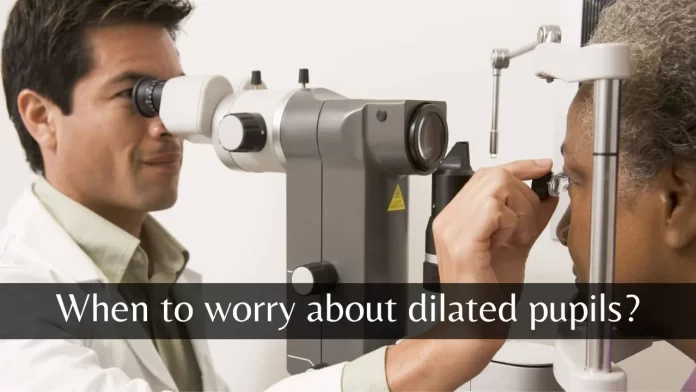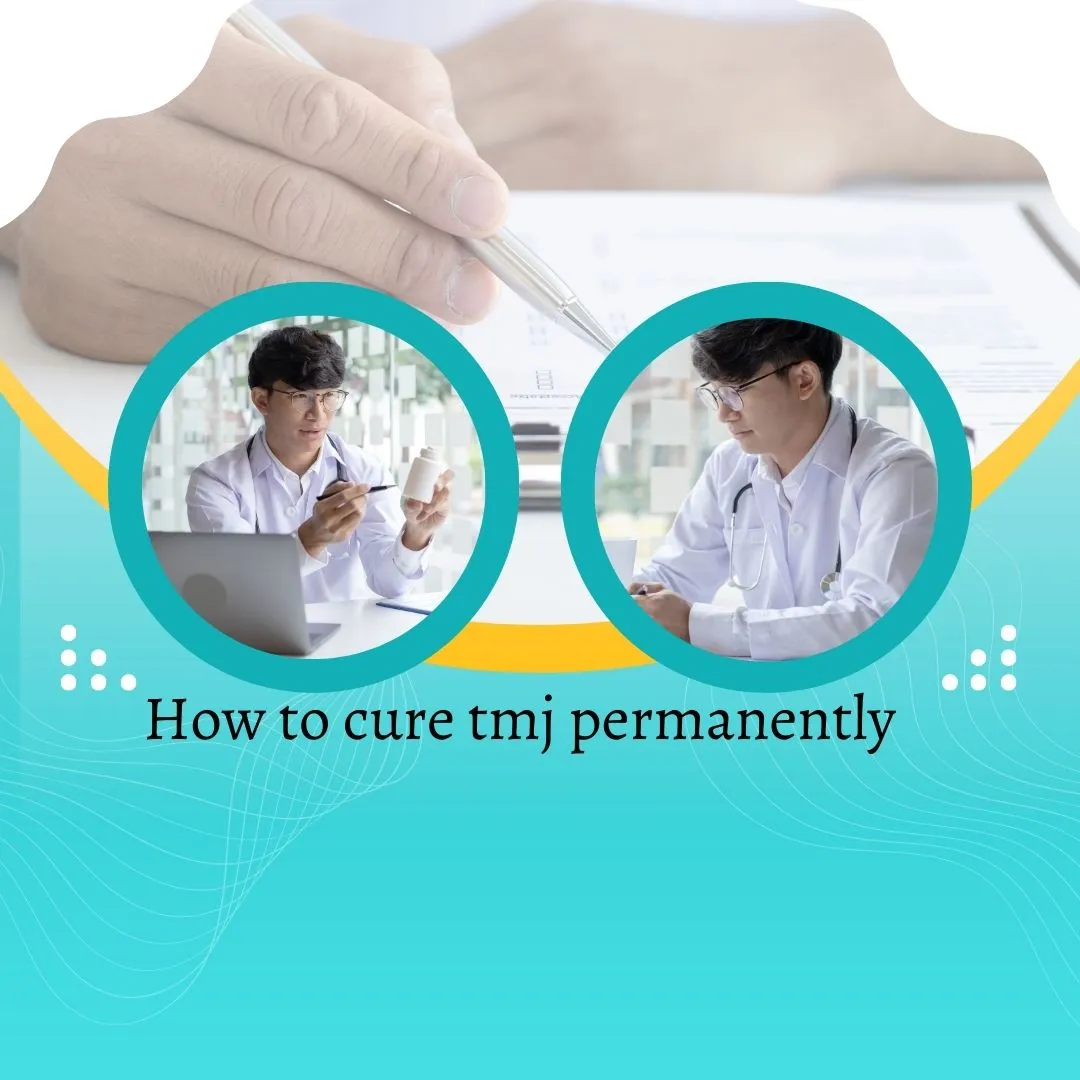The eyes are windows to the soul, revealing a lot about our physical and emotional states. One noticeable change in the eyes that often raises concern is dilated pupils. While pupils naturally change size in response to light conditions, abnormal dilation can be indicative of underlying health issues. This article delves when to worry about dilated pupils, and the importance of seeking timely medical attention.
The Mechanism of Pupil Dilation and Constriction
Pupils, the black circular centers of the eyes, adjust in size due to the contraction and relaxation of the iris muscles. In bright light, pupils constrict to limit the amount of light entering the eye, while in dim light, they dilate to allow more light in. This normal response is controlled by the autonomic nervous system.
Common Causes of Temporary Pupil Dilation
- Light Changes:
The most common cause of pupil dilation is changes in lighting conditions. Bright light causes constriction, while dim light leads to dilation. This process is usually rapid and not a cause for concern.
- Emotional Response:
Strong emotions such as excitement, fear, or arousal can trigger pupil dilation. This is a natural response and is temporary.
- Medications:
Certain medications, like some types of eye drops or certain drugs used for allergies or decongestion, can cause temporary pupil dilation as a side effect.
When to Worry About Dilated Pupils
- Unequal Pupil Size (Anisocoria):
If one pupil is noticeably larger than the other, it could be a sign of an underlying medical condition such as nerve damage, brain injury, or glaucoma. Seek medical attention if this asymmetry persists.
- Sudden Onset or Persistently Dilated Pupils:
If pupils remain dilated for an extended period without apparent cause, it may indicate a neurological issue, head trauma, or drug overdose. Seek immediate medical help.
- Accompanied by Other Symptoms:
Dilated pupils, along with symptoms like severe headache, blurred vision, confusion, or changes in consciousness, could signify a serious medical emergency such as a brain injury, stroke, or drug toxicity.
Underlying Medical Conditions and Dilated Pupils
Neurological Disorders:
Certain neurological conditions, such as Horner’s syndrome or Adie’s tonic pupil, can lead to chronic pupil dilation. These conditions often require medical evaluation and management.
Drug Use and Abuse:
Recreational drug use, particularly substances like cocaine, amphetamines, or hallucinogens, can cause abnormal pupil dilation. Drug-related dilation may require medical intervention.
Traumatic Brain Injury:
Head trauma can affect the nerves that control pupil size, leading to abnormal dilation. If you experience head injury and dilated pupils, seek medical attention.
Ocular Conditions:
Certain eye disorders, including glaucoma or uveitis, can cause pupil dilation and require prompt medical treatment to prevent further damage.
Diagnosing and Treating Dilated Pupils
Medical Evaluation:
When concerned about persistent or unexplained pupil dilation, consult a healthcare professional. They will conduct a thorough examination to determine the cause and recommend appropriate tests if needed.
Treatment Depends on the Underlying Cause:
The treatment plan will depend on the specific cause of the pupil dilation. It may involve addressing an underlying medical condition, discontinuing certain medications, or receiving specialized care for eye-related issues.
Conclusion:
Dilated pupils, while often a normal response to changing light conditions or emotions, can sometimes signal underlying health concerns. Unequal pupil size, sudden onset of dilation, or accompanying symptoms are reasons to seek medical attention promptly. Understanding when to worry about dilated pupils and take appropriate action, ensuring their eye health and overall well-being.








